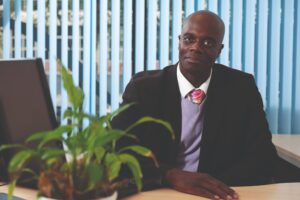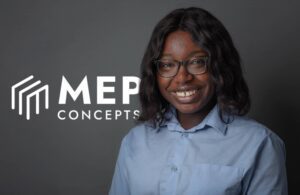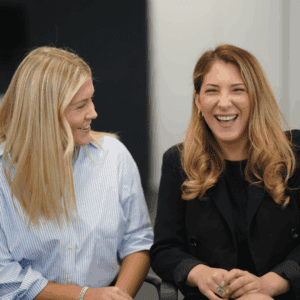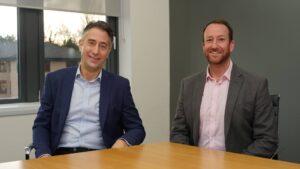Known predominantly for its postgraduate-only focus, Cranfield University also provides a route, through the Cranfield School of Management’s Open Programmes, for anyone with some real-world experience, regardless whether they have academic qualifications or not, to enhance their knowledge, tools, skills and behaviours in all aspects of leadership and executive development, as well as a range of specialist topics, including key account management or supply chain management.
Dr Paul Hughes rejoined Cranfield University late last year, as Director of Open Programmes. He has had a varied career in the corporate world and in international executive education, following his first stint at Cranfield, where he earned his doctorate in 2017, including most recently with Harvard Business Publishing Corporate Learning, where he led the delivery of all the non-US corporate learning custom leadership development programmes.
Here, he discusses the opportunities offered by the Open Programmes for anyone needing support as part of their career development.
What does the typical Open Programmes intake look like?
The important thing is that it is entirely self-referral, there’s typically no application process and you don’t need any existing qualifications. Occasionally, we might have a selection process, but that is simply to make sure that the programme is the right fit for the candidate.
We put a lot of effort into creating programmes that are relevant and that resonate with people. When someone comes to us to do a Master’s that’s usually an intentional choice and something they have been considering for some time, whereas Open Programmes are more about employers encouraging their people to find courses they need to develop in a particular area. Or to develop in a more general and wide-ranging way, to be equipped for a particular transition they are undertaking in their organisation, such as taking on a more senior role. So, someone who will need to operate with a way of working, that needs new skills, tools, behaviours or knowledge, and they come to us to find out what we can do for them.
The programmes are open to anyone, but we work hard to make sure from the start that they are in the right place and that the course will give them exactly what they need.
What areas do the Open Programmes cover?
There are just under 20 different programmes, and we’ve tried to include as many aspects of leadership and executive development as we can. So, we offer things like leadership or SME business growth, marketing and sales, running projects, supply chain management.
The programmes are carefully constructed to provide the skills, tools, knowledge and behaviour needed. For someone who finds themself in a new role, they might need to work on all four. While some may have the skills or tools they need, and instead they just might need to concentrate on their mindset, so they can adjust how they are operating that creates the impact that gets the best out of others. So, bringing out the skills and knowledge they already have, but in ways that raise the performance of their teams.
For example, many modern organisations have adopted matrix team structures, not just top down, so have a lot of teams from different areas or expertise, coming together to work collectively in pursuit of a shared aim or goal. This means people can find themselves leading their peers, or even their seniors, which can be a challenge. That is the kind of real-world issue we help show how to handle practically.
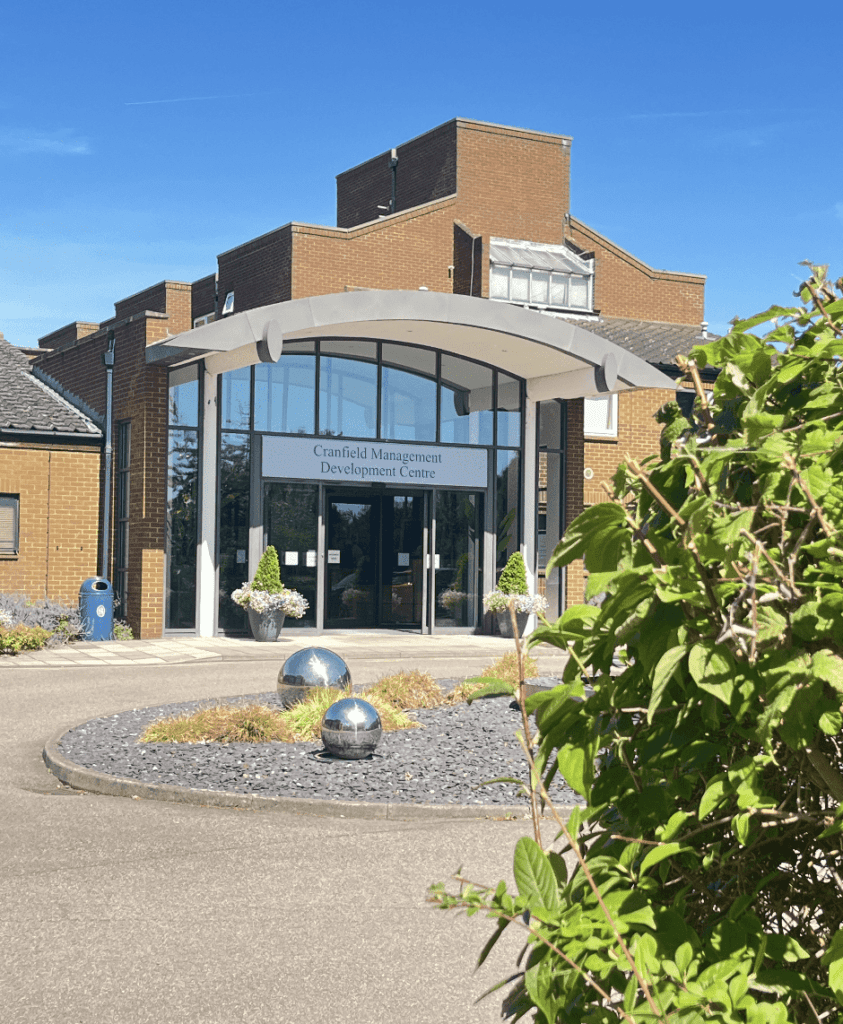
On a practical level, how are the programmes structured?
They are either fully face-to-face or a hybrid that has in-person and virtual elements. The nature of the stretch we want to help people make means it often works best when we can get people together. There is also a great degree of learning from each other, which we strongly encourage as it is a valuable part of the experience. For example, if we have as part of a programme a table group of, say, six people, the members of that group may not know one another and come from different industries.
It’s often the discussions within these and other groups as they work out how to apply what they are learning when they start to not only learn from the facilitator’s practical expertise and experience but also begin to learn from one other. Then following two or three days sitting together, sharing and discussing their own circumstances, ideas and experience, they all typically achieve valuable insights.
And what is incredible is that although we give them all the same information, each person will see a different way to apply it. They all apply it, they all improve, but they all do it in a way that meets their own individual needs. And, on some of our multi-modular programmes, when they come back next time, having applied what they have learnt, we talk about what works well, what doesn’t work so well and what they need to do next to take them a step further.
Overall, though, what I think the most important thing is that after each session, those on the programme will have gained practical skills or tools that they can take back and apply to their daily role the very next day.
What happens at the end of the programme?
The programmes are not award based, they’re about development. At Cranfield we have our own IP and approaches, and provide good-quality learning material, and if you are given good-quality material, you’re more likely to apply it practically.
Practical skills are only one aspect, but it is often the behavioural changes, developing their own style of leadership and gaining the confidence to tackle new responsibilities and gain new skills, where we see the biggest change. Cranfield programmes have strong credibility, and all those who join one of our programmes become part of our alumni network.
What do you find most satisfying about delivering the Open Programmes?
Demystifying education and learning for people. Being able to tell them if they have a need, we will help them. In the modern workplace there is a lot of reskilling happening. If someone left school at 16 and never went to college or university, we welcome them and show them that they have every right to be here.
I also find it very satisfying to give people a confidence that makes all the difference to them, allowing them to move on and make some form of progress and impact. Then, afterwards, they often choose to come back to us and carry on their learning when they face new challenges because they know we will help them. It is also common for them to recommend others, as they trust we can have an impact on them as well.
So, to summarise, for us it doesn’t matter what path you take in terms of how you learn – as long as you get where you want to be. And the most important thing for me, is being ready to play our part in helping people find their way along that journey.
Find out more about the Open Programmes from Cranfield School of Management by visiting the website.
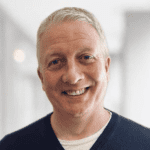
Dr Paul Hughes
Director of Open Programmes
Cranfield University








